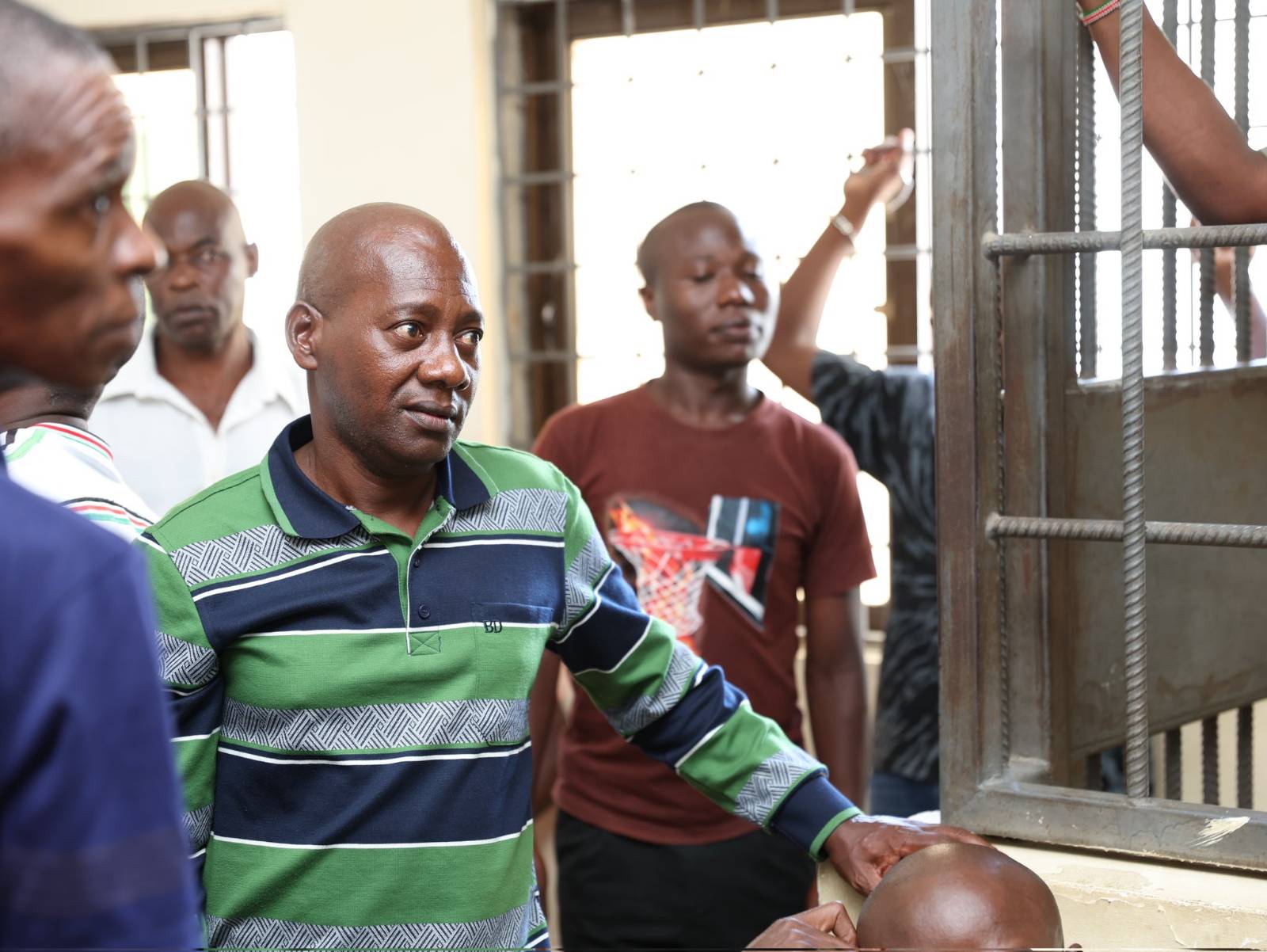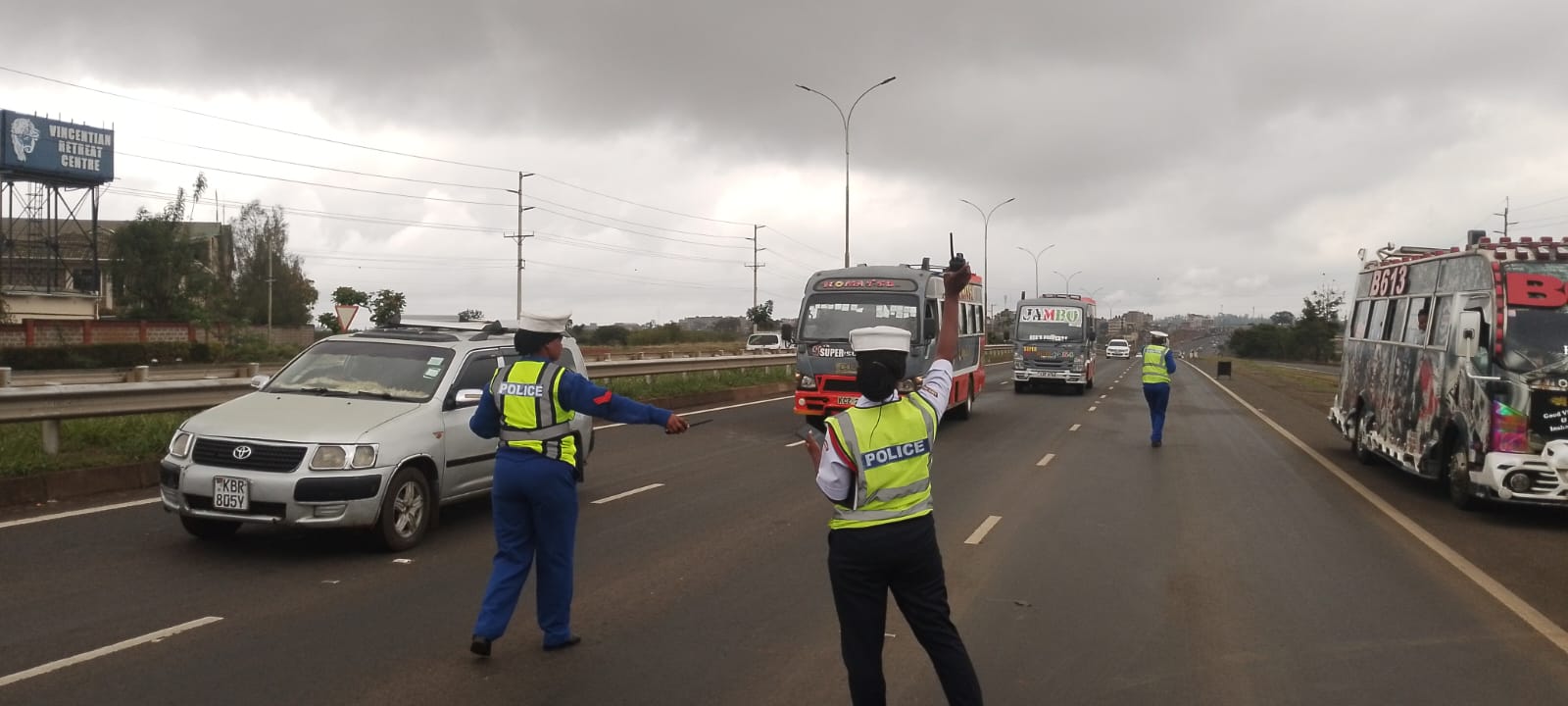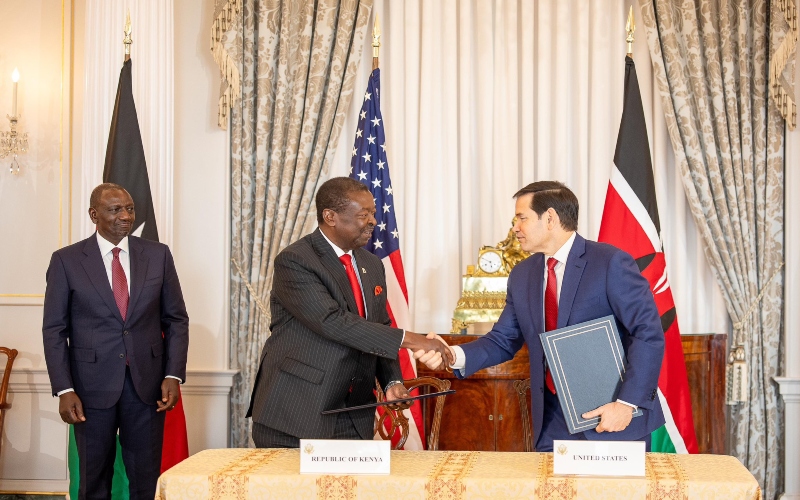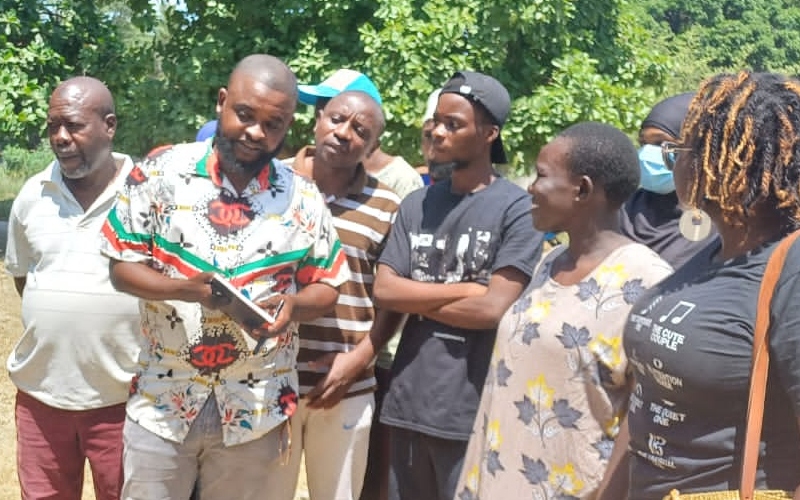Ministry of Health boosts mpox preparedness amid new variant concerns

Two new suspected cases of Mpox were then reported in Mombasa and Kilifi, bringing the total number of cases in Kenya to three.
More To Read
- England confirms new mpox strain: What you need to know
- Mpox detected in Garissa, patient isolated as officials trace contacts
- Namibia declares mpox outbreak after confirmed case in Swakopmund
- Mpox cases in Africa surpass 190,000, deaths near 2,000: Africa CDC
- Mpox deaths near 2,000 in Africa since 2024 amid recent decline in cases: Africa CDC
- Health authorities launch 10-day mpox vaccination drive at Malaba border
The Ministry of Health has called on all stakeholders to unite in strengthening Kenya's preparedness to combat Mpox, with an emphasis on preventive measures.
In a stakeholder meeting on Monday, Dr Patrick Amoth, the Director General of Health, highlighted the urgent need for decisive action and robust partnerships to tackle the Mpox threat.
Drawing from the lessons of the COVID-19 pandemic, Dr. Amoth stated, "Although Kenya has reported only one confirmed case of Mpox, the rise in cases across other parts of Africa necessitates heightened vigilance."
In response, the ministry outlined several key measures to bolster Kenya's national response strategy:
Rapid Laboratory Testing: Ensuring timely and accurate diagnostics.
Community Engagement: Educating the public and fostering community cooperation.
Infection Prevention and Control: Implementing stringent measures to prevent the spread of the virus.
Comprehensive Case Management: Providing effective treatment and support for affected individuals.
Monitoring Points of Entry: Vigilantly overseeing borders and other entry points to manage potential cases.
 Director-General of Health Dr. Patrick Amoth. (File)
Director-General of Health Dr. Patrick Amoth. (File)
"We urge all partners to collaborate in enhancing Kenya's preparedness. Proactive measures are crucial for protecting public health and maintaining economic stability. Immediate action is essential to safeguarding our population and preventing a potential outbreak," Dr Amoth emphasised.
Mpox, formerly known as monkeypox, is endemic to forested areas in East, Central, and West Africa.
A new variant of Mpox, Clade 1b, was first identified in the Democratic Republic of the Congo (DRC) in 2023. This variant represents a more severe form of the disease compared to earlier strains, with a significantly higher mortality rate approaching 10 per cent.
This means that approximately 10 out of every 100 individuals infected with Clade 1b may die, making it notably more deadly than other Mpox variants. The virus has been spreading across various regions of Africa.
Other Topics To Read
Mpox symptoms include high fever, skin rash, headache, swollen lymph nodes, and general body aches. The virus can spread through direct contact with an infected person or respiratory droplets.
The first case in Kenya was detected at the Taveta border point, involving a traveller from the Kenyan-Tanzanian border region.
Two new suspected cases of Mpox were then reported in Mombasa and Kilifi, bringing the total number of cases in Kenya to three. The Kilifi case was identified through contact tracing of the initial patient.
Kenya is intensifying its preparedness and response efforts to address this emerging threat, reflecting a proactive and coordinated approach to managing the potential Mpox threat.
As of July 28, 2024, the Africa CDC reports 37,583 cases and 1,451 deaths across 15 African Union Member States, including Benin, Burundi, Cameroon, the Central African Republic, the Congo, the Democratic Republic of the Congo, Egypt, Ghana, Liberia, Morocco, Mozambique, Nigeria, Rwanda, Sudan, and South Africa. In 2023 alone, 14,957 cases and 739 deaths were reported from seven AU member states, marking a 78.5 per cent increase in new cases compared to 2022.
Top Stories Today













































